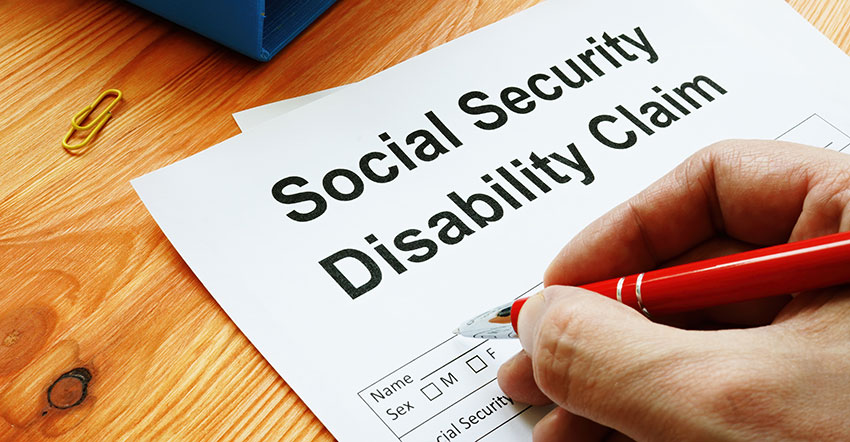Life can be unpredictable, and sometimes, people face challenges that affect their ability to meet basic needs. For those with special needs or facing unexpected hardships, there are government assistance programs available. These programs, designed to offer a safety net, range from financial assistance for food and housing to health insurance and disability benefits. In this article, we’ll break down the key programs available, helping you understand how they can provide support. Whether you’re navigating challenges yourself or assisting a loved one, knowledge of these resources should be able to help!
Special Needs Assistance Programs
When life gets tough, it’s nice to know there are programs that help people with special needs. The government gives money to help pay for important things like food, water, a place to live, and clothes.
Social Security Disability Benefits
We often think of Social Security benefits as something only adults receive after working their entire lives. But did you know children can also benefit? Social Security Disability Insurance (SSDI) provides financial support not just for disabled adults but also qualifying children! Those with disabilities may also be able to benefit from Supplemental Security Insurance (SSI).
Understanding Social Security Disability Insurance (SSDI)
SSDI is like a backup plan for people who can’t work because of disabilities. It’s made for those who have worked hard but face unexpected health problems that stop them from working. How much help you get from SSDI depends on your past earnings and how long you’ve worked.
You might wonder, “What if I get disabled before I turn 22? Or what if my child can’t work because of a disability?” SSDI has a solution for that too. Even if someone becomes disabled before turning 22, they can get help based on their parents’ earnings from Social Security. This can be a big relief for many.
Understanding Supplemental Security Income (SSI)
Supplemental Security Income (SSI) gives money to certain people so they can buy basic things like food, water, a place to live, and clothes. It really helps out! To get this money, a person usually has to have a low income, and either have a disability, be blind, or be at least 65. here’s what to remember:
- How much you get: The money you receive each month can change based on how much you earn and where you live.
- How you get it: The money can be sent straight to your bank or put on a special debit card.
- Extra help: Some states give even more money on top of what the federal government offers.
Health Insurance Programs
If you’re a parent, you probably want to make sure your family has health insurance. But what if private insurance is too expensive? That’s when Medicaid and the Children’s Health Insurance Program (CHIP) can help. CHIP offers affordable health insurance for kids in families who make too much to qualify for Medicaid. And guess what? Even though it’s called CHIP, in some states pregnant women can use it too.
Understanding Medicaid
Medicaid is a program that helps people pay for medical care if they don’t have a lot of money. It’s like health insurance, but it’s mostly for low-income individuals and families. The government pays for most or all of the costs, so the people who use Medicaid don’t have to worry about big medical bills. Each state has its own rules for who can get Medicaid, but it often includes children, pregnant women, elderly people, and those with disabilities.
Financial Assistance for Food and Housing
The Supplemental Nutrition Assistance Program (SNAP), while often associated with food expenses, also plays an important role in managing your overall health budget. Eligible individuals and families get an Electronic Benefit Transfer (EBT) card that lets them buy nutritious food from authorized retailers. Besides food support, there are assistance opportunities for housing.
HUD has a program known as the Housing Choice Voucher Program, often called Section 8. It helps people pay their rent by giving them special vouchers. People who qualify for these vouchers can use them to help pay for places to live that are part of the program. There’s also another program called Permanent Supportive Housing (PSH). This program helps people who don’t have homes and might have disabilities by not only helping with rent but also providing other helpful services.
Conclusion
Life is full of unexpected moments, both good and challenging. Thankfully, as this article points out, there are many programs out there ready to help when things get tough. The government has put together a variety of support systems, whether it’s for special needs, health issues, or finding a place to live. Knowing about these resources can be a game-changer, not just for you but also for friends and family. It can be reassuring to realize that there’s always a helping hand worth considering. So, keep yourself updated on these support programs, they may come in handy when you need them!



